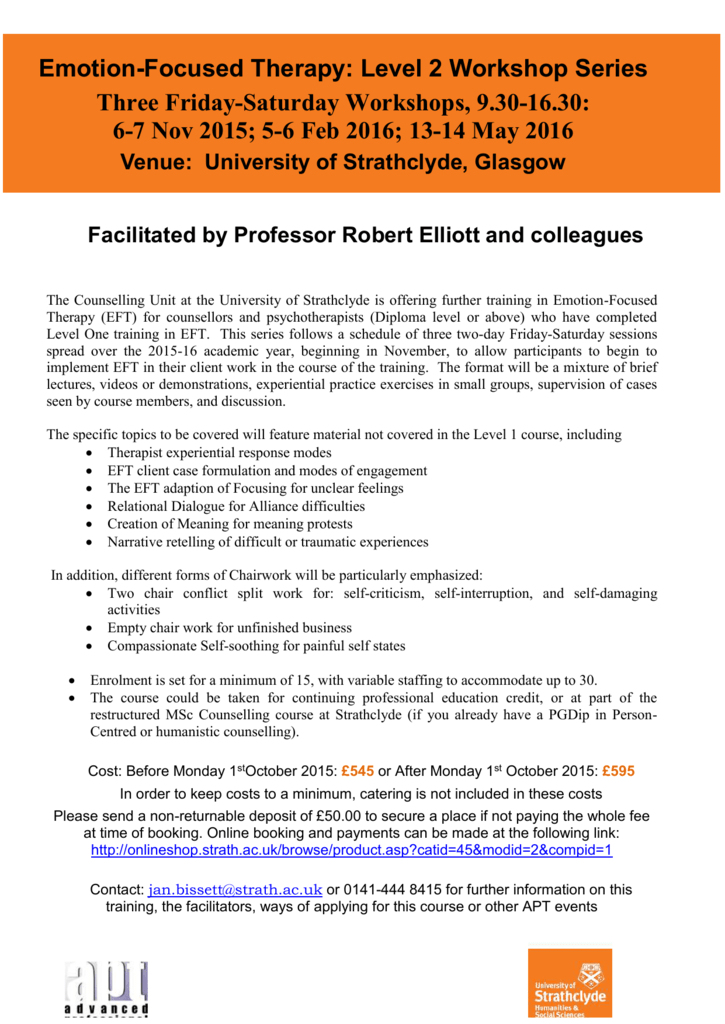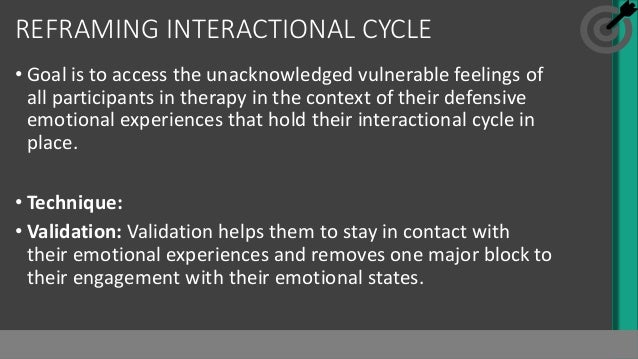

It dissolves the sense of alienation in the client. It creates a secure therapeutic relationship and strengthens a working alliance between the client and the therapist. It is a powerful “curative agent” in itself and thus a major component of the healing process. It encourages the client to hold or stay with his/her experience so as to stimulate a deep re-working of personal life issues. It is an ability to “perceive the internal frame of reference of another with accuracy and with the emotional components and meanings which pertain thereto as an ability if one were the person, but without ever losing the ‘as if’ condition” (Rogers, 1951, p.210). Yet, it is not a kind of emotional diffusion or emotional identification. It is a deep and sustained psychological contact. In his later writing, he emphasized the idea that what he was doing was “checking” his understanding of the client. Rogers (1986) rejected the idea that empathy was to be equated with reflection. It is the empathic attitude that is essential and not the behaviors such as the techniques of reflection of feelings, paraphrasing or worst of all parroting. The therapist inevitably influences the process of therapy as a whole person and the therapeutic process is centered on the interaction between the client and the therapist.

As client-centered therapy developed through three decades into person-centered therapy, there is an increased emphasis on the therapist’s congruence or genuineness as “the most basic of the attitudinal conditions that foster therapeutic growth” (Rogers, 1980). Establishing these conditions in therapy, which are necessary and sufficient, will tap the vast resources for self-understanding and growth that individuals have within them. When Rogers first formulated his client-centered therapy in 1951, he emphasized that the therapist’s primary role is to enter into the client’s frame of reference and provide an atmosphere of empathy, unconditional positive regard, and congruence. Individuals are seen as basically rational, responsible, realistic and inclined to grow.

There is a strong belief and faith in the client’s capacity for self-discovery and self-direction. The therapeutic approach originated by Carl Rogers (1951) is based on a humanistic and egalitarian philosophy.


 0 kommentar(er)
0 kommentar(er)
